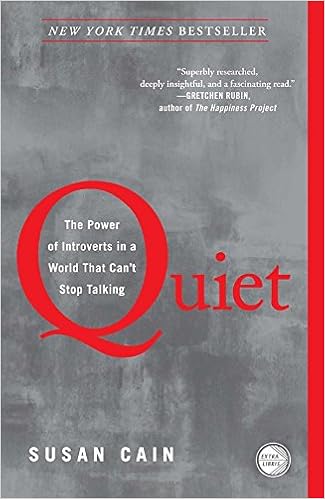
Source: Missouri Department of Secondary and Elementary Education
Missouri DESE School Counseling Curriculum
The Missouri Department of Elementary and Secondary Education provides a comprehensive K-12 curriculum for school counselors. Each lesson connects to one of the American School Counselors Association (ASCA) Mindsets and Behaviors.

Source: Chooselovemovement.org
Choose Love is an amazing resource that has K-12 lessons for schools, parents and caregivers, and communities. One, it is free! Two, the lessons build upon a sequence of learning. Three, there are PowerPoint presentations to go with the lessons! So you do not need to make those because they made them for you. I know from being on the receiving end that they have weekly emails for the stakeholders as well so that all parents and students are on the same page. It will require you to join before accessing TONS of materials. The company does not spam you or call you and I signed up several months ago. There is training available but not required in order to access the curriculum and resources.

Source: overcomingobstacles.com
Overcoming Obstacles curricula is broken down into early elementary, late elementary, middle school and high school. Standards, objectives, and lessons are laid out. You can download the entire curriculum at once, or you can select lessons individually. Each lesson lays out the objectives, activities, and extensions. Activity materials are also included for download. For example, the grades 3-5 lesson on respect already has scenario cards created for you and a sheet for sharing with the students.

Source: https://counselor1stop.org/wiki/lesson-plans/
Counselor1Stop is a collection of K-12 lesson plans. However, mostly I see high school career lesson plans. Indiana has created an entire Google Folder full of career lesson plans. Towards the end of the website are a list of websites for K-12 which include Missouri which I already have included above.

Source: https://seelearning.emory.edu/node/5
Emory University’s Center for Contemplative Science and Compassion-Based Ethics created the Social-Emotional-Ethical (SEE) Learning program. This one stands out to me because it incorporates ethical learning that most social-emotional programs do not address. They have a section on why and how ethics is included with the curriculum. You do have to sign up for access to the training that will lead you to the free program. The training was relatively short and valuable. Once complete, you can download the elementary, middle and/or high school curricula. This program includes another aspect that some lack: training. The training videos help explain the theory and practice behind the SEE curriculum lessons and units.

Social Emotional Lessons for Gifted Learners
Gifted education specialists around the state of Missouri gathered together to compile lessons specifically for gifted learners. These 73 lessons include social emotional issues found prominently in the gifted education population such as: perfectionism, self-advocacy, coping with boredom, overexcitabilities, and gifted traits. I know some of these ladies personally, so I am pretty proud of this resource. I have used some of them myself.

Source: https://www.varsitybrands.com/
Free Journals for Students: Believe in You Empowerment Journals
Varsity Brands is a high school branding company. I know! I was confused at first. But a counselor in the ASCA Scene posts mentioned that they really enjoyed using their journals. Here is the link to the journals for grades 3-5, middle school and high school. There are Google Slides to go along with the free PDF journal that has a lesson for every Monday and Thursday.

Trails to Wellness is a website that I found via a Counselor Facebook group. Most of the materials are geared for 6-8 and 9-12. However, there are some for grade 3-5 as well. If you need group session materials that are free, you will find them here. They have materials for anxiety, depression, depression and anxiety, coping with Covid-19, relaxation, mindfulness, and suicide assessments.









![Introvert Power: Why Your Inner Life Is Your Hidden Strength by [Helgoe, Laurie A]](https://images-na.ssl-images-amazon.com/images/I/51U7p2OKLEL.jpg)
![The Hidden Gifts of the Introverted Child: Helping Your Child Thrive in an Extroverted World by [Laney, Marti Olsen]](https://images-na.ssl-images-amazon.com/images/I/51loTXngggL.jpg)